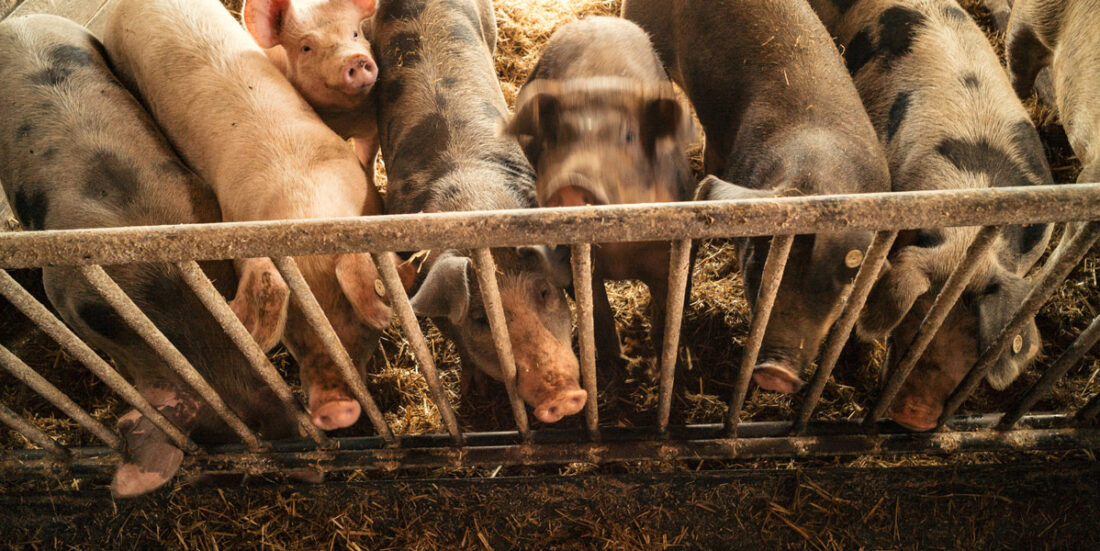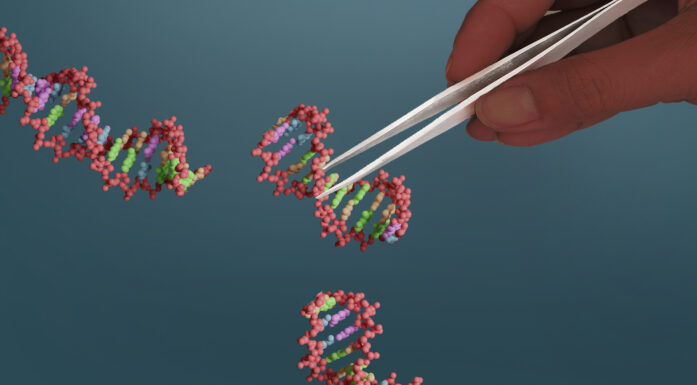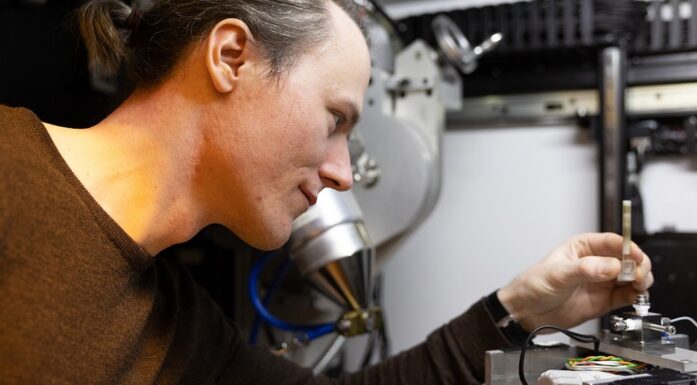Precautionary fundamentalism is threatening Norwegian food production
If the Norwegian government rejects the majority opinion of the Gene Technology Committee, it will miss a long overdue opportunity to boost food safety, improve animal welfare and promote more eco-friendly pesticides.
The opinions expressed in this article are those of the authors alone. This article was first published in the financial daily Dagens Næringsliv and is reproduced here with the permission of the paper.
This is an incendiary issue, and the consultation deadline is fast approaching. Nevertheless, the media has been keeping very silent about the Norwegian public administration committee (NOU) report ‘Genteknologi i en bærekraftig fremtid’ (Gene technology in a sustainable future) This silence is disturbing for those of us scientists working in the field.
The opportunities offered by responsibly applied gene technology are enormous. At the same time, many of the objections raised in debates about gene technology are full of misunderstandings about how biology actually functions.
We hope that the government will steer clear of these misconceptions when it comes to make its important future decisions. If it doesn’t, it will be cutting Norwegian agriculture and aquaculture off from the very same benefits being offered by the biotech revolution that was responsible for providing humans with the Covid vaccine in record time.
How far can we stretch the precautionary principle?
A minority on the Genetic Technology Committee argues that current legislation should remain more or less as it is. The majority, on the other hand, are proposing major amendments that will enable the faster application of our existing knowledge for the benefit of humans, plants and animals.
Both the committee and the Norwegian people agree that it is important to adhere to the precautionary principle. This is all well and good, but we believe that it is stretching the principle too far if it means snatching away a golden opportunity to achieve risk-free benefits for society.
- Read also: Bulk carriers can also be green
Temporary genetic modification is now within reach
Genetic modifications were previously understood to involve permanent changes to an organism’s heritable material – DNA. In contrast, mRNA technology, which provided the key to the Covid vaccine, enables us to make temporary genetic modifications.
The active agent in the Covid vaccine was broken down into harmless substances after a short residence in the human body.
The identical technology can now be used to safeguard animal welfare and protect global food production by combating animal and plant diseases. But in our opinion, Norway will miss this opportunity if it continues to apply its current and restrictive gene technology legislation.
A safe enough vaccine for us – but not for animals?
Under current legislation, even a targeted, temporary modification in gene expression, exactly the same as that provided by the Covid vaccine for human immune systems, will cause a vaccinated animal to be defined as a genetically modified organism. A so-called GMO.
Once an animal is so labelled, this immediately introduces legal restrictions and practical barriers. A cat that has been given an mRNA vaccine must be kept in confinement. A Covid-vaccinated cat owner, on the other hand, is free to wander about wherever he or she pleases. No risk to anyone.
Billions of such vaccines have been administered to humans and have been shown to be safe and effective. But legislation stipulates that they are too risky for use in animals without proper measures being taken.
Four key benefits
All organisms have RNA molecules in their bodies’ cells. They determine which genes are switched on and off and play a key role in protein manufacture.
The molecular subgroup called mRNA carries information from the genes to the ‘protein factories’ located in the cells. In the same way, the Covid vaccine instructs the body’s immune cells to make their own weapons to combat the Covid virus, without any permanent modifications to the cells themselves.
It is likely that the EU will consent to allowing gene technology to be applied in connection with so-called precision agriculture. For Norway, it is also relevant to think in terms of precision aquaculture. All of this potential, realised by using vaccines and medications, will offer four key benefits:
- Improved disease prevention and the more precise treatment of animals. Fewer sick animals mean better animal welfare.
- Less use of antibiotics. This is important because antibiotic resistance represents a major threat to animal health, and because the incorrect use of antibiotics can encourage resistance among bacteria that may later become harmful to humans.
- Reductions in the use of traditional, broad-spectrum pesticides. By replacing these with narrow-spectrum agricultural sprays, we will limit discharges to the natural environment and avoid harm to other plant species.
- Increased food security thanks to the aforementioned benefits. The fight against Covid demonstrated that the use of RNA technology offers a much faster response to new disease outbreaks than traditional vaccines. It is likely that more targeted pesticide use will also offer comparable response time benefits.
A barrier to competitiveness
The restrictive gene technology legislation in operation in Europe to date has created a major barrier to competitiveness. Two independent research institutes have estimated that the EU will lose hundreds of millions of dollars annually if it continues to refuse to consent to the introduction of state-of-the-art gene technology in the agricultural sector.
According to the NOU report, a Norwegian ban on GMOs in salmon feed alone will entail additional costs amounting to close to two billion kroner annually.
Due to a combination of scepticism and the restrictions imposed on gene technology-related vaccines and medications for use with domestic plants and animals, the market for such products simply does not exist.
Seize the day!
The majority recommendation set out in the NOU report opens the door to a very limited, but important, application of biotechnology. However, we are currently far from sure that the Norwegian government will follow the majority view, and are hoping against hope that our prediction is misguided.
We believe that Norway must not allow itself to lose opportunity that RNA technology offers us to improve animal and human health, as well as protect the environment, as well as ensure that our domestic and the global population has access to safe and adequate food.





